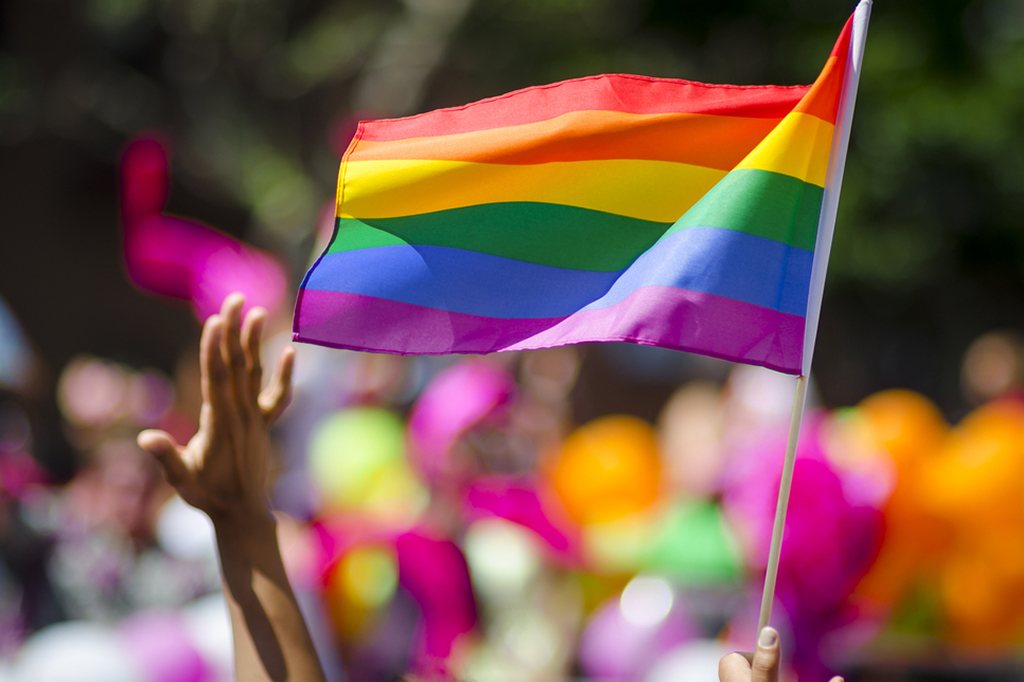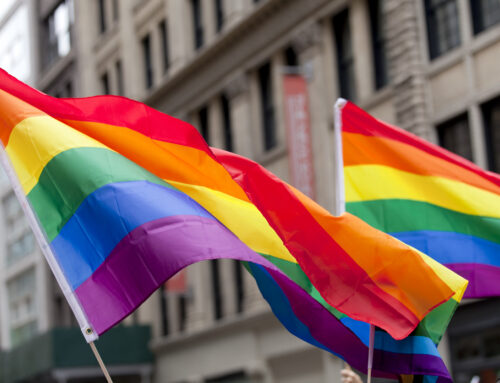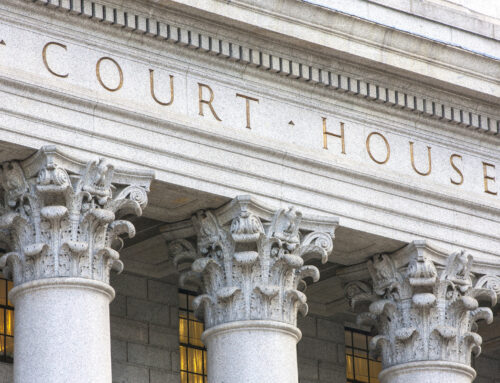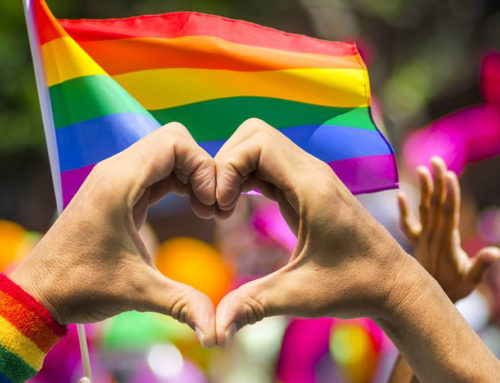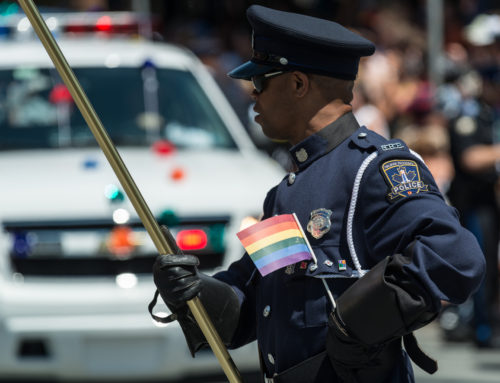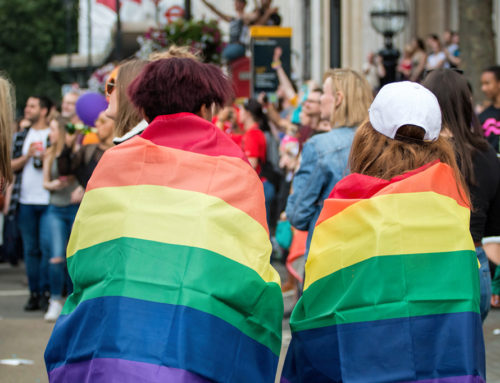Courts Moving Toward Extending Discrimination Protections for Gender Identity
The Fifth Circuit Court of Appeals is not typically known for its surprising or pro-LGBT decisions. However, a federal judge in Texas recently held that LGBT workers in the state are protected under federal anti-discrimination laws. Specifically, the judge wrote that “transgender status and orientation [are] protected classes under Title VII, applying the long-recognized protections against gender or sex based discrimination.” The fact that a judge in the traditionally-conservative Fifth Circuit has acknowledged that sexual orientation and gender identity are protectable under the Civil Rights Act is a victory for the LGBT community.
Civil Rights Act
Title VII of the Civil Rights Act provides all Americans with the right to be free from discrimination on the basis of sex, race, color, and national origin. Protections for discrimination based on a person’s sexual orientation and gender identity are noticeably missing from the law. Over the past few years, courts have been asked to decide whether or not the broader category of “sex” should be defined to include sexual orientation and gender identity. Courts have been split.
Court Decisions and LGBT Equality Under the Civil Rights Act
Discrimination Based on Sex Stereotypes
In 1989, the Supreme Court of the United States explained that the “because of sex” provision in Title VII of the Civil Rights Act should be construed broadly. In other words, sex means more than just a person’s gender. Rather, sex should be defined to include aspects of life that are related to one’s sex. For example, pregnancy, childbirth, and related medical conditions should be protected under the classification of “sex” for the purposes of discrimination law.
The Court explained that the “because of sex” language should also extend to protect people from discrimination based on sex stereotypes. The plaintiff in the case was a transgender woman who claimed that she was the victim of discrimination because of her transgender status. The court, while not directly addressing whether transgender identity should be protected, explained that a woman should not have to face discrimination in the workplace just because she does not fit squarely into preconceived stereotypes about how a woman should act. The decision was a small step in the right direction for the LGBT community.
Gender Nonconformity and Sex Discrimination
In 2011, the 11th Circuit Court of Appeals held that an employer could not discriminate against an employee because that employee was transitioning from male to female. Again, the court did not directly say that transgender individuals were protected from discrimination. Rather, the court said that all people enjoy the right to be free from discrimination based on gender stereotypes, including a person transitioning from one gender to another. The court also said that “government termination of a transgender person for his or her gender nonconformity is unconstitutional sex discrimination.”
Bathrooms Leading the Charge for Equality Discussions
Over the past few years, many courts have heard cases stemming from an employee’s inability to use the bathroom of his or her choice. The main argument in these cases, generally speaking, was that employers unlawfully discriminated against the employees because they were transgender. Courts, in the past, had held that employers were prohibited from discriminating against employees on the basis of gender stereotypes, which included transgender identity.
In most cases, the employees came out victorious. Several courts in many different jurisdictions – including those with traditionally conservative judges – held that employers could not discriminate against employees because they were transgender. Once again, courts explained that discrimination based on gender stereotypes, including gender identity, was unlawful.
Future for LGBT Equality Under Title VII
Courts have yet to come out and directly state that gender identity is a protected class under Title VII of the Civil Rights Act. However, court decisions have protected transgender individuals from unlawful discrimination. There is a clear movement in the courts to extend anti-discrimination protections to the LGBT community. The next step will be for lawmakers to fully cement these rights into law. Fortunately, in the meantime, precedent in the court system can be used to the benefit of transgender and LGBT individuals.

